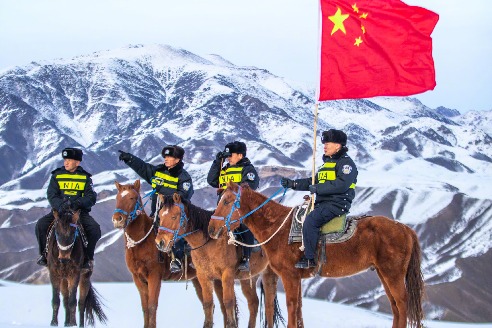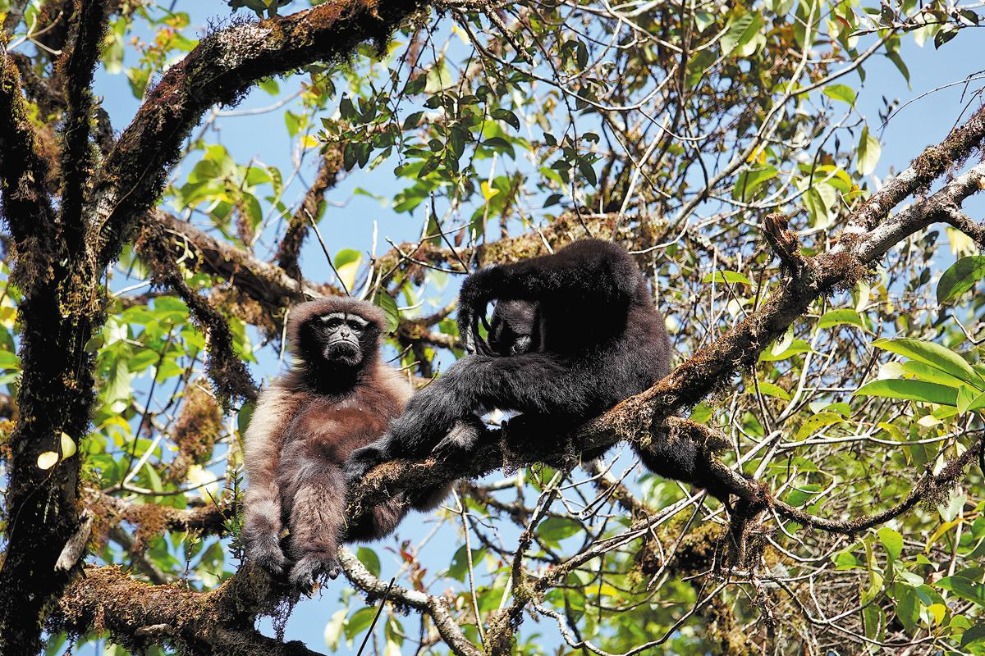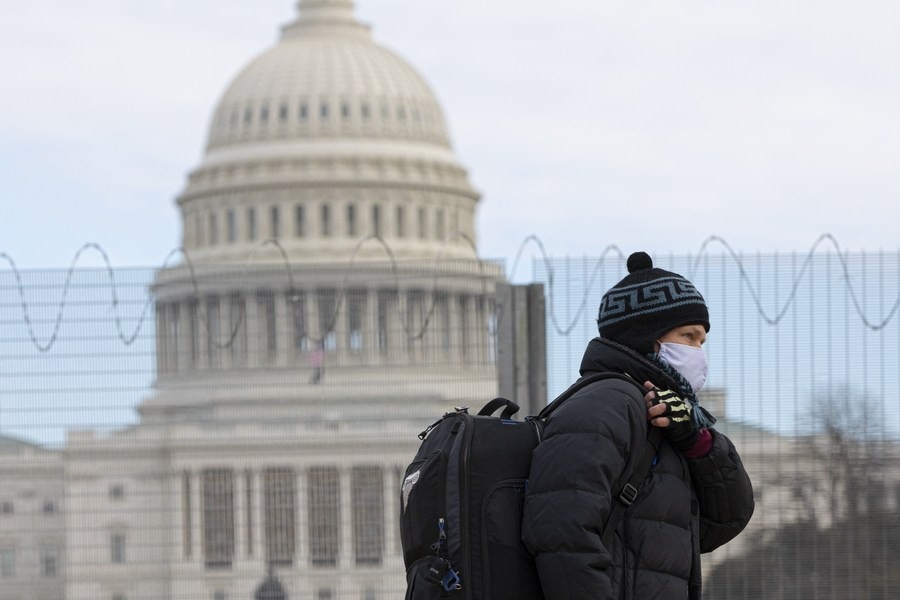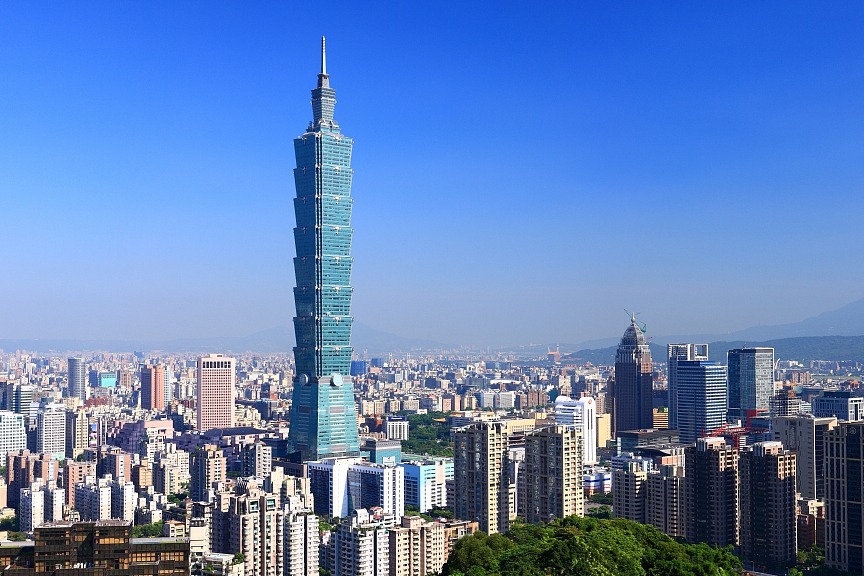Is WHO putting politics over science with the return of Trump?


The World Health Organization (WHO) has recently called on China to provide more information related to the COVID-19 outbreak, and done so in the midst of gratuitous hyping by some international media about an uptick in human metapneumovirus (HMPV) infections in China.
In fact, HMPV has been around for decades, and outbreaks wax and wane in the winter months. The virus has been found worldwide since at least 2001, when it was first detected in the Netherlands. There's no indication that it originated in China, and no evidence that the recent surge in cases presents a significant new risk to public health.
Fundamentally, the world is aware of HMPV cases in China because the Chinese public health system does a good job monitoring and disseminating data about outbreaks. This is not a new phenomenon. Rather, it's a commitment and ability that has taken dramatic steps forward since China first encountered the SARS and bird flu outbreaks many years ago, and which was already strong and in practice when Covid arrived and which has gotten stronger since then.
With this in mind, let's return to the WHO's request. There are three key lessons we need to learn from the Covid experience, which have long been known by scientists but neglected by politicians.
First, years before 2019, leading scientists and public health agencies knew a novel coronavirus outbreak was likely because there had already been three, SARS1, SARS2 and MERS, and there was mounting evidence that coronaviruses in particular are vulnerable to mutations in natural reservoirs in mammals like bats due to climate change. In short, coronavirus outbreaks appear to correlate with increasing temperatures associated with global warming.
Scientific modeling predicted an outbreak in 2020, and this is why there was already considerable planning and preparation underway, including new vaccine development. In fact, Covid arrived a little early, but scientific evidence points to it first emerging in the natural world and then jumping species. We know that it was discovered in Wuhan, China's Hubei province, but we don't know if it started in China or somewhere else. The reason some people want to answer this question definitively, which is likely impossible scientifically speaking, is because they want to blame China for the outbreak.
It's quite ironic that many such conspiracy theorists don't actually trust science and prefer racist rhetoric to compensate for deep-seated fear and mistrust of their own governments and well-deserved inferiority complexes. Nevertheless, such people, and the politicians who manipulate them, will always disregard the scientific evidence that it first emerged in nature and that climate change was a trigger, that Covid or something like it was coming regardless, and that China did a better job handling the outbreak than any other country in the world.
Second, China continuously shared key information about Covid with its own people, the global scientific community, foreign governments and international organizations during and after the outbreak. This is a matter of public record. Furthermore, contrary to Donald Trump's previous public statements, as The Washington Post reporter Bob Woodward noted, Trump had confided in him that the Chinese leadership had been completely candid from the beginning, in short an admission that the US leadership was simply lying about China not sharing information, and doing so to cover for America's own catastrophic failures, despite the US Centers for Disease Control and Prevention (CDC) providing the first Trump administration with a pandemic response plan for an anticipated coronavirus outbreak months before Covid was first detected.
Third, although China was hit hard by the initial outbreak, it moved quickly to enact public health measures that saved the lives of millions of people and through a zero-COVID policy kept the Chinese economy running, upon which the world depended for key goods. While other countries suffered economic, social and political collapses, China held the line, for the greater good of its own people and the rest of the world, including producing lifesaving vaccines and making them available internationally while other countries externalized their failures and played games like vaccine diplomacy, vaccines for profits, and spreading misinformation about China and Chinese vaccines to sow fear and confusion, as has been proven by reporting by key Western media into secret Pentagon campaigns. In short, China established a new gold standard for handling an outbreak, while other countries failed miserably and have tried to discredit China in turn.
With these points in mind, why is the WHO revisiting this issue now? We don't have a good answer for this but the timing is suspicious. With Trump returning to the White House, we can well imagine that WHO is concerned about continued US support, given the fact that Trump quit the organization at the height of the pandemic in 2020. Is the WHO pandering to Trump and one of his favorite conspiracy theories as he regains power? Do we smell a rat or a bat? Perhaps both. But this request likely has little to do with actual science or information sharing it seems, and much to do with new risks to global public health and climate change represented with the transfer in power currently underway in Washington.
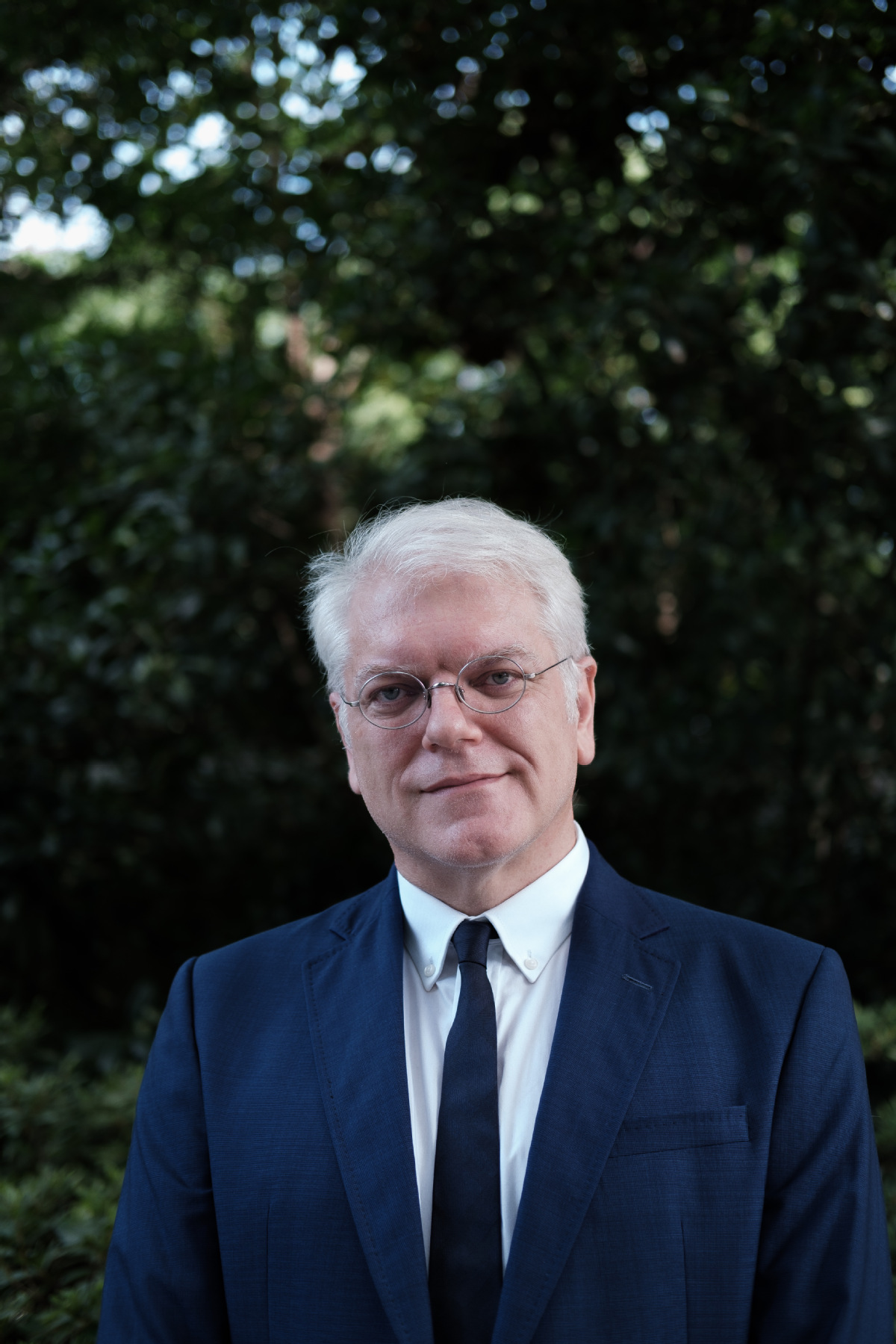
Josef Gregory Mahoney is professor of Politics and International Relations and deputy dean of the Institute of Singularity Studies at East China Normal University (Shanghai), and senior research fellow with the Institute for the Development of Socialism with Chinese Characteristics and concurrent professor of Marxism at Southeast University (Nanjing) and the Hainan CGE Peace Development Foundation (Sanya). He was a public health officer with the US CDC in the 1990s. The views don't necessarily reflect those of China Daily.
If you have a specific expertise, or would like to share your thought about our stories, then send us your writings at opinion@chinadaily.com.cn, and comment@chinadaily.com.cn.


















